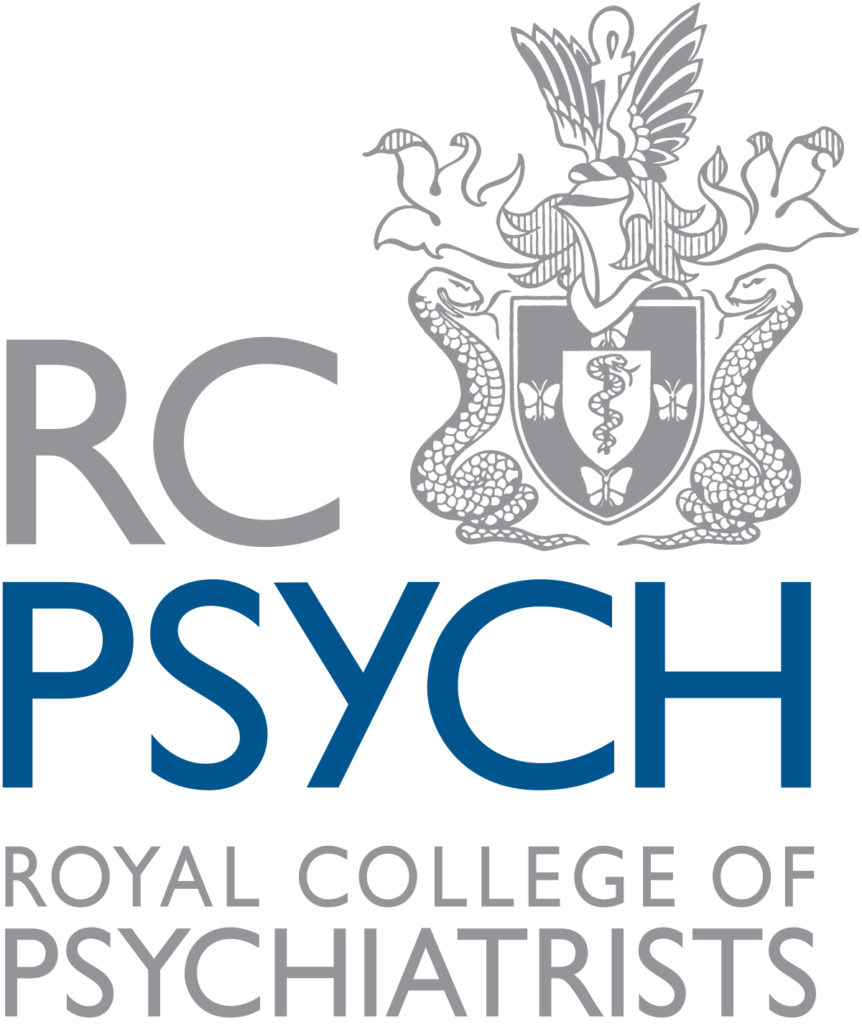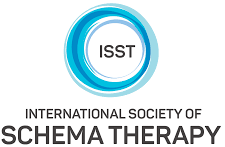
Trauma is our emotional experience of an event. It is any situation that shatters our sense of security, that leaves us feeling isolated, helpless, and overwhelmed. We all react to trauma in different ways, and we all process trauma in different ways. But for many of us, trauma remains unprocessed.
You don’t have to feel stuck in the past or feel that your memories have too much power over you. You also don’t have to spend hours and hours talking about it in traditional therapy or try to rationalize or challenge your experience. Now you can actively reprocess trauma through something called EMDR therapy and allow yourself to heal. So here’s everything you need to know about EMDR, and why it can be one of the most life-changing therapies on offer.
What is EMDR?
Eye Movement Desensitization and Reprocessing (EMDR) is a mental health therapy technique used in the treatment of trauma. This technique helps us release some of our most traumatic memories, helps shift our emotions, reframe our perceptions, and ultimately gives our past experiences less power over who we are and how we live our lives.
How does EMDR work?
EMDR is an eight-phase treatment that works with the past, the present, as well as the future.
Initially, your therapist will help you identify which themes or trauma-related memories to focus on, what negative beliefs you may be holding, and what positive beliefs would be most empowering for you to build and install. You’ll also be given tools to help you stabilize and manage your emotions while you begin to work with this powerful technique.
When you’re ready, your psychologist will create a repetitive and rhythmic pattern of physical movement for your eyes to focus on and follow as you talk about the stressful event in your life.
Because our brains store traumatic memories differently, these eye movements combined with guided instructions will help you to access those memories, desensitize the traumatic event, allow your brain to activate a natural healing process, and create room to actually reprocess what you remember.
The mind can heal from psychological wounds just as much as the body can heal from physical pain. And with EMDR, your own insights and emotional processes are accelerated so that you’re able to transform the trauma that once held you captive.
Who should try EMDR?
EMDR is a good option for those with conditions triggered by traumatic experiences. These trauma-related conditions include post-traumatic stress disorder (PTSD), acute stress disorder, and adjustment disorder.
EMDR is also quickly gaining recognition in the treatment of many other conditions, including anxiety, depression, and obsessive-compulsive disorders, as well as eating disorders such as anorexia nervosa, bulimia nervosa, and binge-eating disorder.
Prince Harry’s openness about using EMDR has brought the technique into mainstream awareness. In his recent Apple TV docu-series on mental health with Oprah Winfrey, he films his experience in EMDR therapy and how he uses it to cope with his anxiety and trauma.
What are some signs of trauma?
For many people, trauma remains unprocessed (meaning they have never sought therapy for their traumatic experiences), and for some these traumatic experiences may even have been repressed (meaning they do not remember the actual events). Even if you do not remember the traumatic event, your body does. Therefore we can connect many health issues to unprocessed trauma, including:
Psychological
- Anxiety
- Depression
- Overwhelming fear
- Shock, shame, or guilt
Panic attacks - Obsessive and compulsive behaviors
- Anger or irritability
- Detachment, disbelief, or emotional numbing
Cognitive
- Intrusive thoughts
- Nightmares
- Memory loss
- Confusion or disorientation
- Lack of concentration
Behavioural
- Mood swings
- Social isolation and withdrawal
- Lack of interest in previously enjoyable activities
Physical
- Fatigue
- Edginess, agitation, or startling easily
- Racing heartbeat
- Insomnia, or other changes in sleeping patterns
- Changes in eating patterns
- Aches and pains
- Muscle tension
Signs of repressed trauma
Sometimes, we don’t know that we’re holding trauma. But whether we’re conscious of it or not, the effects of trauma still surface. Signs of repressed trauma can manifest as low self-esteem, substance abuse disorders, and interpersonal problems. And because trauma can lower immunity, it can also make us more susceptible to chronic health conditions like fibromyalgia, diabetes, heart disease, and autoimmune disorders.
Repressed trauma can also surface as:
- Missing time or lost memories
- Intense emotions of disgust, anger, shame, or grief
- Strong urges to escape or avoid triggers
- Black & white thinking
- Impulsivity
- Overreactions
- Erratic relationships
- Trust issues
- False memories
Don’t let anyone tell you that trauma is “just in your head”. It can impact your health on every level: mental, physical, social, emotional, and spiritual. The traumatic experience will remain in our bodies until we process it … and EMDR therapy is a powerful way to heal these inner wounds, release the pain, and live functional lives.
(Dr. Steven Joseph offers EMDR therapy at English Doctor Barcelona. To book an appointment, visit the website: www.englishdoctorbarcelona.com)
Article reviewed by Dr Steven Joseph, MBBS, MRCGP, MRCPsych
The content on our website is for informational and educational purposes only and is not a substitute for professional medical advice, diagnosis, or treatment.













